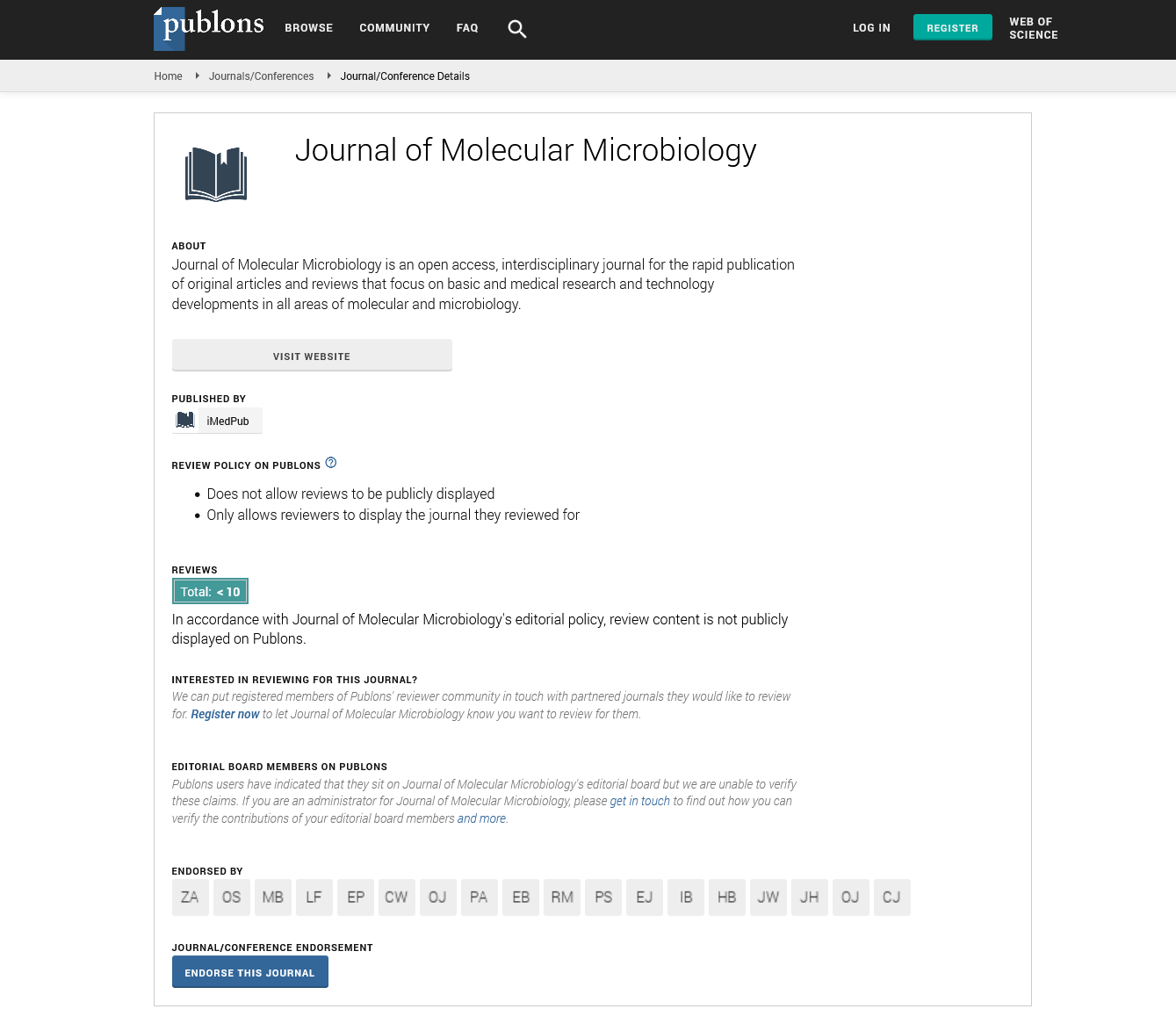Abstract
METFORMIN EXHIBITED ANTICANCER ACTIVITY BY LOWERING CELLULAR CHOLESTEROL CONTENT IN BREAST CANCER CELLS
Literature suggested that Metformin, a well-known anti-diabetic drug, showed anticancer activity in various cancer types. Few clinical studies documented the low serum cholesterol and low TAG level in Metformin treated patients. Literature also indicated an existence of positive association between high cholesterol and cancer. This study aimed to find out a molecular mechanism involved in Metformin-inhibited cell growth and metastasis in breast cancer cells. Tumor sample based clinical study found the higher expressions of cellular cholesterol regulatory genes (e.g. HMGCoR, LDLR) in malignant breast cancer tissues as compared to benign tissues. Our cell culture study found that treatment of breast cancer MDA-MB-231 cells with Metformin decreased cellular cholesterol level with concomitant inhibition of various genes (e.g. SREBF1 and LDLR) which maintain the homeostasis of cellular cholesterol. Cell culture based experimental study documented that Metformin inhibited cell proliferation, migration, and colony and spheroid formation of metastatic breast cancer MDA-MB-231 cells. As a mechanism it was identified by RT-PCR that Metformin treatment inhibited anti-apoptotic markers (Bcl2, BCLxl) and mesenchymal marker genes (Vimentin, N-cadherin) transcript levels with simultaneous enhancement of apoptotic markers (Caspase3, Bax) and epithelial marker genes E-cadherin and Keratin19, indicated an inhibitory effect of Metformin in proliferation and EMT of breast cancer cells. Less number of colony and spheroid formation has been observed in Metformin treated breast cancer cells. RT-PCR analysis also found that Metformin treatment inhibited stemness marker CD44 and BMI-1 in metastatic breast cancer MDA-MB-231 cells. Our TRAP assay data showed that Metformin treatment inhibits breast cancer induced osteolytic activity, which further inhibits the osteolytic bone metastasis. Moreover, Metformin-inhibited cancer cell proliferation and migration was reversed by the exogenous treatment of cholesterol. Similarly, cholesterol treatment reversed the Metformin-inhibited Bcl2, Vimentin, BMI-1 expression. Moreover, zymography data documented that cholesterol treatment upregulated Metformin-inhibited MMP activity. Further, results showed that cholesterol depletion by MBCD (Methyl B- Cyclo Dextrin), a cholesterol depleting agent inhibited proliferation, migration and stemness in breast cancer cells. This study suggests a new molecular mechanism where Metformin inhibits proliferation, EMT, stemness and osteolytic bone metastasis of breast cancer cells presumably by lowering cellular cholesterol level”.
Author(s): Ankit Sharma
Abstract | PDF
Share This Article
Google Scholar citation report
Citations : 86
Journal of Molecular Microbiology received 86 citations as per Google Scholar report
Journal of Molecular Microbiology peer review process verified at publons
Abstracted/Indexed in
- Google Scholar
- Publons
Open Access Journals
- Aquaculture & Veterinary Science
- Chemistry & Chemical Sciences
- Clinical Sciences
- Engineering
- General Science
- Genetics & Molecular Biology
- Health Care & Nursing
- Immunology & Microbiology
- Materials Science
- Mathematics & Physics
- Medical Sciences
- Neurology & Psychiatry
- Oncology & Cancer Science
- Pharmaceutical Sciences
